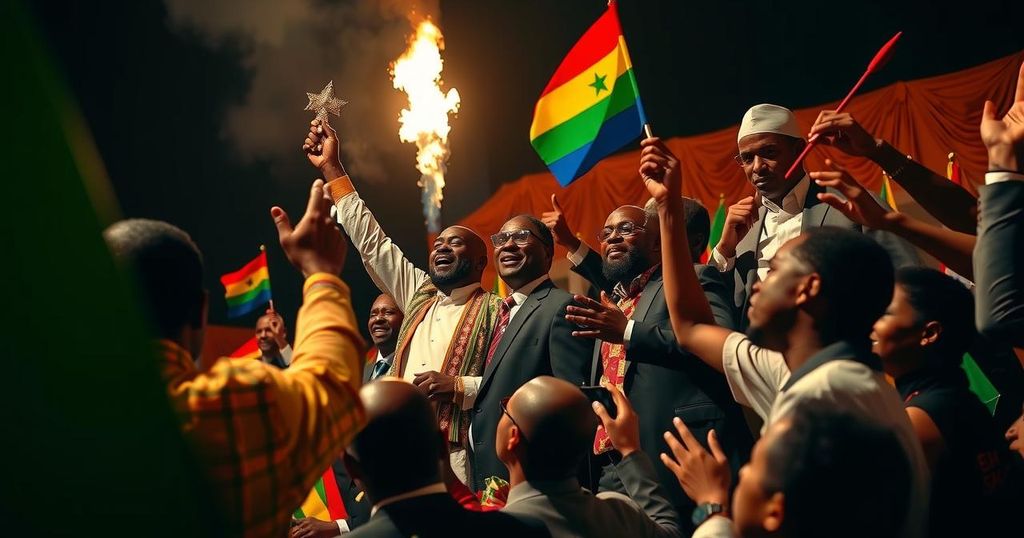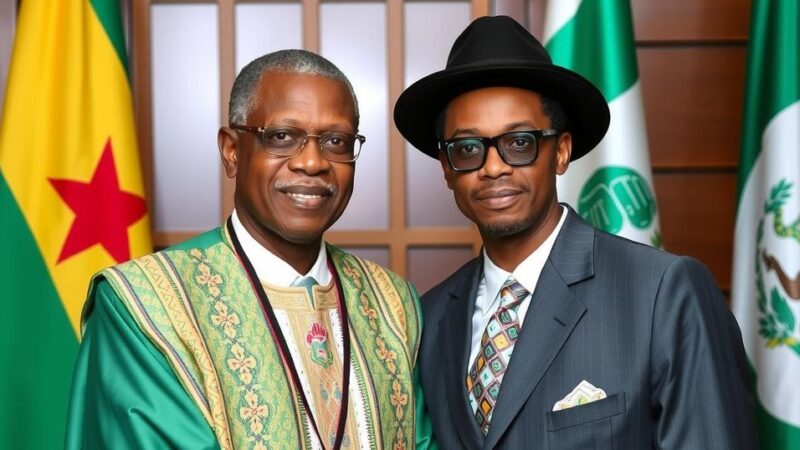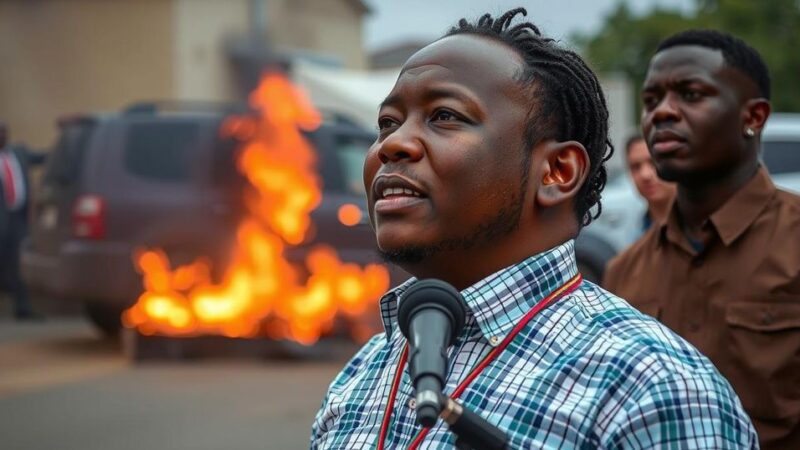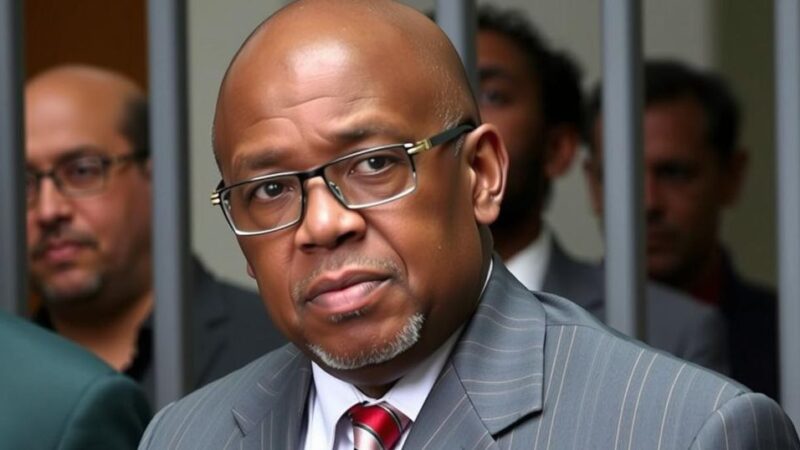Senegal’s government has announced a substantial victory for the ruling party, Pastef, in the recent parliamentary elections. This victory allows President Faye to push for an ambitious agenda centered around economic reform and social justice. Opposition leaders have conceded defeat amidst allegations of electoral fraud, setting the stage for challenges ahead as the new government takes shape.
In the aftermath of Senegal’s parliamentary elections, the government has declared a significant victory for the ruling party, Pastef. With most votes counted, officials assert that this win empowers President Bassirou Diomaye Faye to advance his proposed agenda of economic and social reform. Candidates from opposition coalitions, including former Prime Minister Amadou Ba and Dakar’s Mayor Barthelemy Dias, have acknowledged their defeat while results continue to be finalized. The elections proceeded largely without major incident, though minor clashes were reported prior to the voting day.
Despite the lack of specific numbers on the seats won by Pastef, the party requires 83 out of the total 165 seats in the National Assembly to secure a majority. The victory is critical for President Faye and Prime Minister Ousmane Sonko, as they seek to push through reforms that have encountered resistance in the previous opposition-controlled parliament. Since assuming the presidency, Faye has advocated for a transformative agenda focused on economic change, social justice, and anti-corruption, particularly appealing to the youth demographic.
However, significant hurdles remain for the new administration amidst high unemployment rates and issues related to public finances. Former President Macky Sall, who leads an opposition coalition from outside the country, has accused the ruling party of engaging in “massive electoral fraud,” although he has not substantiated these claims with specific evidence. Official election results are expected later today.
The recent parliamentary elections in Senegal have been framed against a backdrop of political ambition and social unrest. President Bassirou Diomaye Faye, who came into power with a radical reform agenda, is keen on consolidating his power through a favorable electoral outcome. The discussions surrounding the elections have highlighted the country’s strained relationship with France, remnants of its colonial past, and the prevailing socio-economic challenges, particularly among its youth. The contest was characterized by tensions among political parties, reflecting the fierce competition for control of the National Assembly, crucial for implementing the administration’s policies.
The declared victory for Pastef in Senegal’s legislative elections sets the stage for President Faye to pursue significant reforms aimed at addressing the country’s socio-economic challenges. Despite the positive reception among some voters, ongoing accusations of electoral fraud may pose obstacles to the ruling party’s legitimacy. As the government prepares to navigate the complexities of governance and reform implementation, it remains to be seen how effectively it can address the needs of its citizens and fulfill its promises.
Original Source: www.bbc.co.uk







